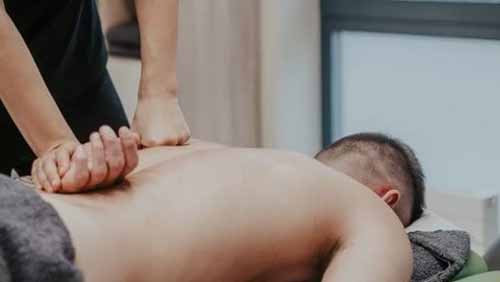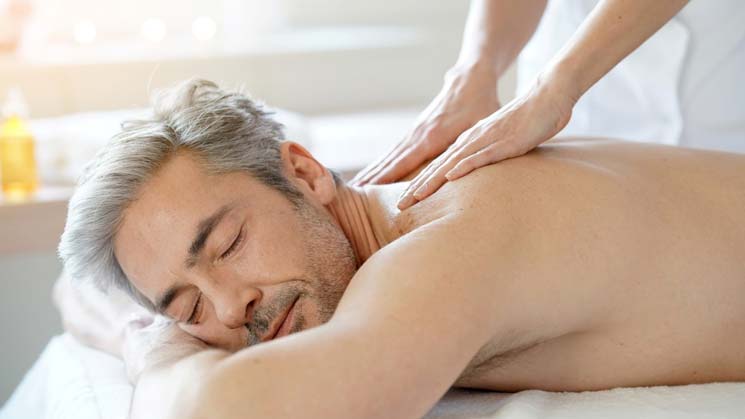Many massage therapists complete anywhere from 330 to 1,000 hours of hands-on clinical training before sitting for state licensing exams. These courses cover subjects such as anatomy and physiology, kinesiology and modalities.
It’s also important to consider your career goals before choosing a program. Do you want to work in an established clinic, or would you rather start your own practice?
Training

Massage therapists are normally trained at an accredited postsecondary school. Students enrolling in a program must meet minimum high school diploma or GED requirements, submit an official application and pass a criminal background check. Classroom coursework includes biology-based subjects such as anatomy, physiology and pathology to give students an overview of human body systems.
A massage therapist’s training should also include courses in business management and marketing. These subjects are helpful if a massage therapist plans to open their own practice or work within a larger medical practice.
In New York State, a massage therapist must graduate from a program registered by the Office of the Professions to qualify for licensure. This requires at least 1,000 hours of education, 150 of which must be spent practicing on real people. New York College provides students with this opportunity in our Academic Health Care Teaching Clinic. Watch former student Janet Kadlec talk about her experiences in the program, browse around here.
Certification
While the certification required to practice massage varies by state, most massage therapy programs include between 500 and 1,000 hours of classroom instruction. These classes focus on subjects like anatomy and physiology, pathology, massage techniques, and professional topics.
After completing your coursework, you will likely need to complete a minimum of 330 clinical training hours, usually through an internship or working in your school’s massage clinic. These experiences will prepare you to develop tailored treatment plans and provide client services in a safe and professional manner.
Some massage therapy schools may also offer voluntary specialty certifications. These can add to your earning potential and help clients see you as a specialist in your field. The NCBTMB provides exams for specialties like sports and therapeutic massage. In addition, you may be able to apply for licensure by endorsement if you are already licensed in another state or jurisdiction. This will save you time and money. However, it is important to note that this will not exempt you from a background check.
Experience
As massage therapy continues to grow as a mainstream treatment option for physical and mental health concerns, licensed therapists are increasingly being employed by clinics, hospitals and private practices. They may also choose to pursue voluntary specialty certifications.
Strong active listening, verbal and written communication skills are essential for creating individualized treatment plans that help clients recover from injuries and reach their body health goals. Massage therapists need to understand the conditions and needs of their clients, such as how they respond to different types of massage and what kind of preparation is required.
Since massage therapists interact with clients on a daily basis, it is important for them to have good business ethics and apply a moral code to their everyday decisions. Taking a course in business ethics can help them develop the skills necessary to be successful in their career. They may also benefit from studying business administration and management.
Personality

Massage therapists must be able to build rapport with clients. This is done through proper communication and understanding their clients needs during a session. This is a great way to build client trust and keep them as a regular.
Empathy and compassion are also important traits that a massage therapist should have. This is because many of their clients may be going through difficult times. Being empathetic and compassionate towards their clients will help them relax and feel at ease during a session.
Conclusion:
Physical stamina is also a must for massage therapists. They must be able to stand for long periods of time during their appointments. They must be able to do this while maintaining good posture and strength. They must also be able to use their hands efficiently and effectively. They should also be able to create a relaxing environment through dim lighting, soothing music and aromatherapy. They should also be able to promote their business well.

